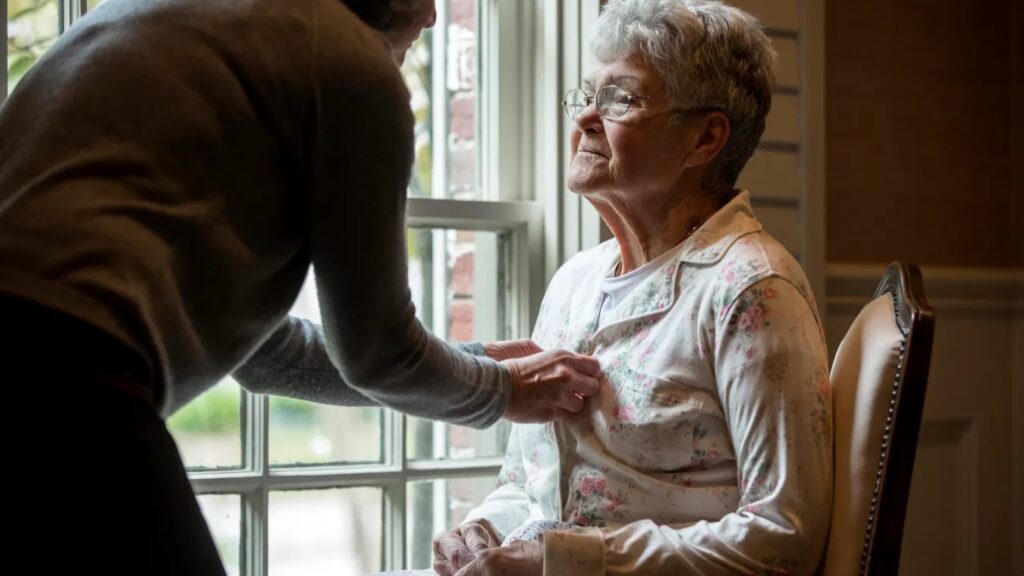The number of family caregivers in the U.S. has surged to 63 million adults in 2025, a 45% increase since 2015.
Despite the demands of caregiving, only 32% of family caregivers report using paid assistance, including home health aides and other direct care workers, according to a new report from AARP and The National Alliance for Caregiving (NAC).
Caregivers cited several concerns that keep them from engaging paid help.
Respite Care
“Use of respite care – short-term care that gives caregivers a break from their care responsibilities – is notably low,” the report read. “Although 39% of caregivers say respite would be helpful, only 13% use it, citing structural and subjective barriers such as lack of trust, shame, or concerns about quality of care.”
CHP offers programs to support families caring for aging and disabled loved ones. CHP Adult Day Centers in Archbold, Celina, and Van Wert offer safe, high-quality respite services at a relatively low cost.
Caregiving is more intensive
The work of caregiving has also become increasingly long-term and more intensive.
Family caregivers are now more likely to provide care for five or more years and spend an average of 27 hours per week providing care.
“Since 2020, more caregivers are providing some [activities of daily living] (ADLs) assistance, and more caregivers are providing help with multiple ADLs,” the report read. “Some groups of caregivers are more often engaged in these challenging tasks. Paid family caregivers more often help with any ADLs. For many, these tasks are physically difficult – 23% report struggling with these duties.”
The report found that 84% of family caregivers assist with three or more instrumental activities of daily living (IADLs). While these tasks and other ADLs can be highly complex, only 11% received any formal training in the matter.
CHP Adult Day Centers offer assistance with ADLs, while home care aides from CHP Private Duty Services deliver personal care services in the home like help with mobility, hygiene, light housework, and other non-medical needs.
Medical and nursing tasks
Similarly, family caregivers often perform medical or nursing tasks without formal training. These tasks include managing catheters, performing injections and monitoring vital signs. While 55% provide such tasks, only 22% report having received formal training.
CHP Home Health Care offers short-term care in the home that is covered by Medicare, veterans’ benefits, long-term care insurance, and most health insurance policies. CHP nurses can provide an in-home assessment, answer questions, and arrange services with your physician.
Sandwich Generation
“Sandwich generation caregiving” is also common in 2025. Nearly one-third of all caregivers report caring for both an adult with disabilities or complex medical conditions and a child at home.
“This research arrives at an inflection point for care in our nation,” the report read. “Policymakers, employers, and health care leaders are grappling with our nation’s growing demand for care and the impacts of that care across society. Americans today face complex decisions – balancing the pressures of family responsibilities and career with the reality of longer-living parents and increasing rates of chronic conditions and disabilities.”
###
*Source: Morgan Gonzales, Home Health Care News – July 25, 2025

